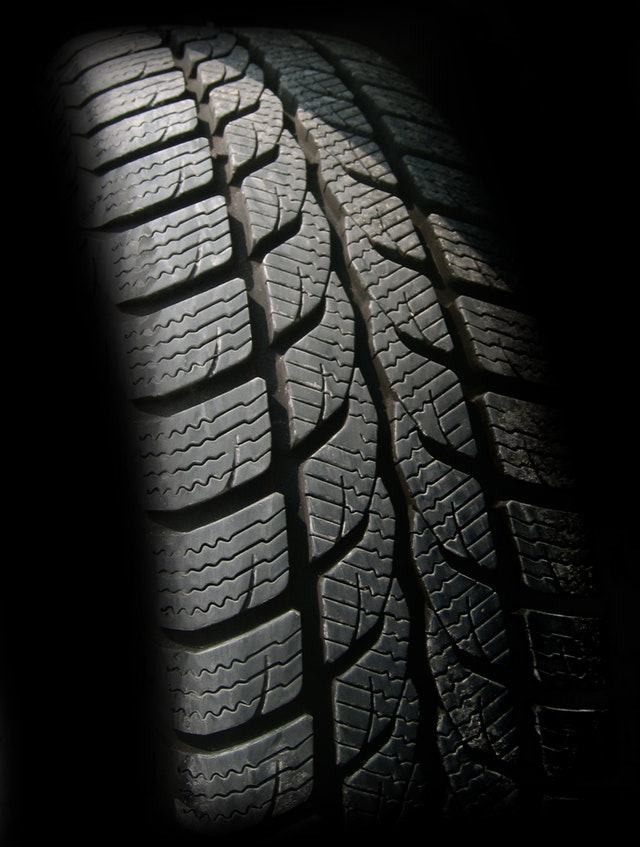

 Winter Tires
Winter Tires 
It’s that time of year again!
When the snow starts to fall and the temperature starts to drop, we know that it’s time to get ready for the winters of the great white north.
During the summer the roads are warmer, to keep the tread life within a respectable range, the tire compound is much harder. The heat from the road doesn’t break down the tread quite as easily while maintaining a good amount of traction in mild conditions. In the winter, road conditions cool down, sometimes icy road conditions require a tire with a softer tread compound. With the colder temperatures, these tires will last longer with a softer rubber tread. This is also why you should never run your winter tires in the summer, as the softer tread will wear down quicker on the hot pavement.

All-season tires are designed to be okay across a wide range of conditions. This may seem okay on the surface, but they’re not great and won’t perform when you need them most, in slushy or heavy rain conditions. They just won’t have the traction and shouldn’t be expected to perform well under 7 degrees celsius. A winter tire can deliver up to 50% MORE traction in adverse conditions than an all-season tread.

While ABS or traction control may sound like it will help you in snowy winter conditions, it’s only as good as the traction of the tire tread. ABS detects slip and unloads the throttle or pulses the brakes. The only thing that will improve traction in this case is a better set of winter tires.
It’s always important to check your winter tire pressure on a regular basis. As temperatures drop, the pressure in your tires will decrease. Making sure that your winter tires have the right amount of pressure will extend their tread life, reduce fuel consumption, and keep you and your passengers safe on the road.
One thing to consider regarding tire pressures, is that some vehicles are outfitted with snow tires on a dedicated set of winter rims. Sometimes the wheels do not have tire pressure sensors in them. This means that your car may not be able to inform you if your tire pressure is too low.

